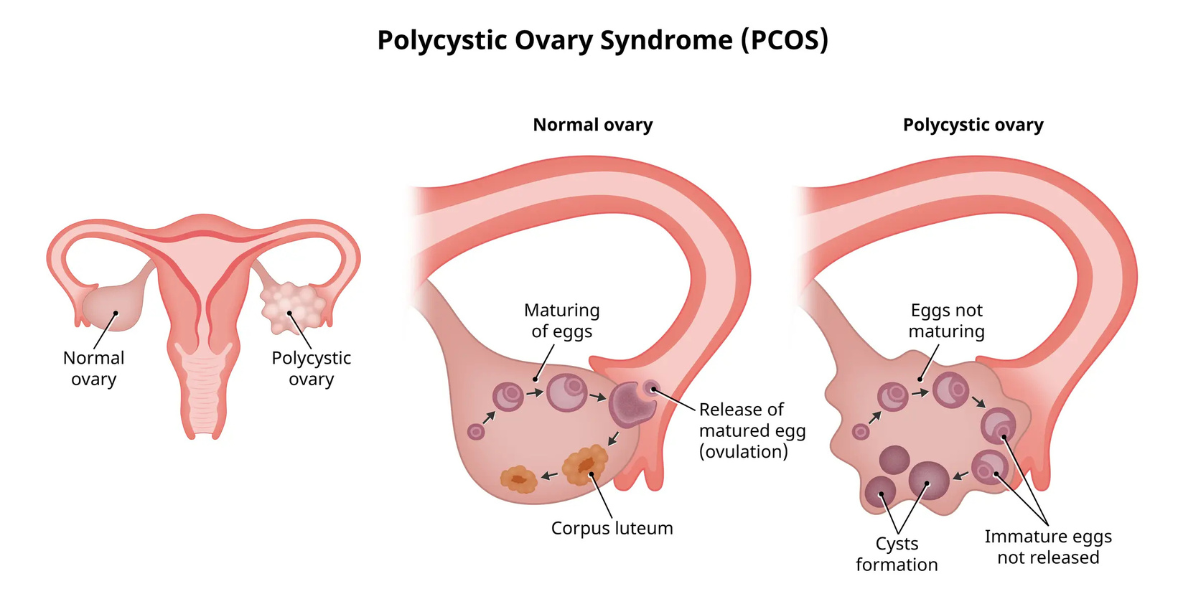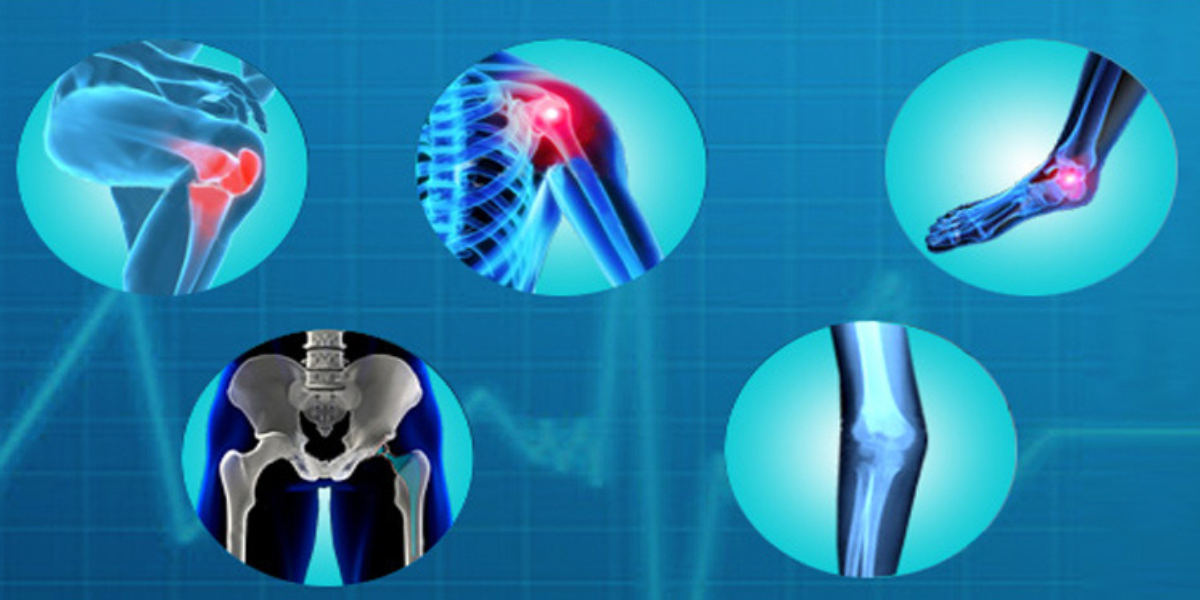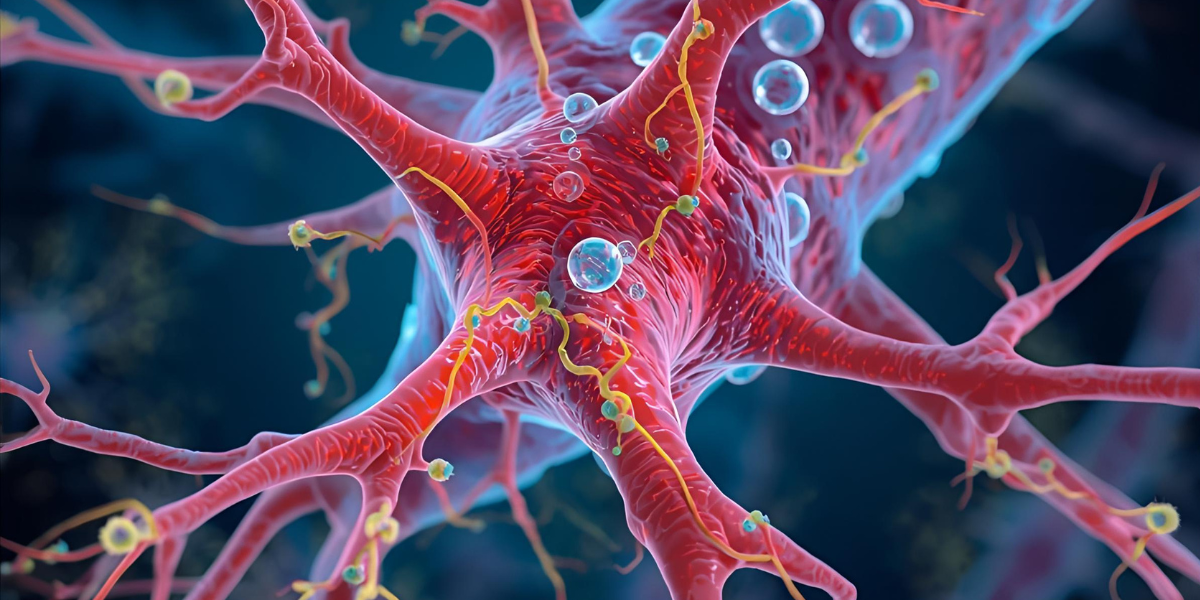
Cancer Treatment Myths vs. Facts
A cancer diagnosis often comes with an overwhelming amount of information—and unfortunately, not all of it is accurate. Misinformation about cancer treatment can lead to fear, delays in care, or even ineffective alternative treatments. Let’s separate myths from facts to ensure patients and caregivers have the right knowledge to make informed decisions.
Myth 1: Cancer Treatment is Always Painful and Worse Than the Disease
Fact: Advances in cancer therapy have significantly improved comfort and reduced side effects. While older chemotherapy regimens were associated with severe side effects, today’s treatments are more tailored, reducing unnecessary toxicity. Additionally, doctors use pain management strategies, anti-nausea medications, and supportive care to enhance the patient’s quality of life during treatment.
Myth 2: Chemotherapy is the Only Treatment Option for Cancer
Fact: Cancer treatment has evolved beyond just chemotherapy. Depending on the type and stage of cancer, doctors may recommend:
- Surgery – To remove tumors when possible.
- Radiation therapy – To shrink or destroy cancer cells.
- Immunotherapy – Boosting the immune system to fight cancer.
- Targeted therapy – Drugs that specifically attack cancer cells.
- Hormone therapy – Used for hormone-sensitive cancers like breast and prostate cancer.
- CAR-T cell therapy – A groundbreaking approach for blood cancers.
Chemotherapy is just one of many tools oncologists use in treatment planning.
Myth 3: If You Feel Fine, You Don’t Need Cancer Treatment Right Away
Fact: Some cancers show no symptoms in early stages but still require immediate treatment. Many cancers, like pancreatic or ovarian cancer, remain silent until they have progressed significantly. Early-stage cancers, even if asymptomatic, may still spread aggressively if left untreated. This is why early detection through screening and timely treatment is crucial for better outcomes.
Myth 4: Cancer Treatment Always Causes Hair Loss
Fact: Not all cancer treatments lead to hair loss. Hair loss is mainly associated with certain types of chemotherapy, but targeted therapy, immunotherapy, and some oral drugs may not cause hair loss at all. Newer treatments are designed to attack cancer cells specifically while sparing healthy cells, reducing side effects like hair loss.
Conclusion
Misinformation about cancer treatment can be dangerous and prevent people from getting the care they need. Understanding the facts helps patients make informed decisions and improves their chances of successful treatment.






